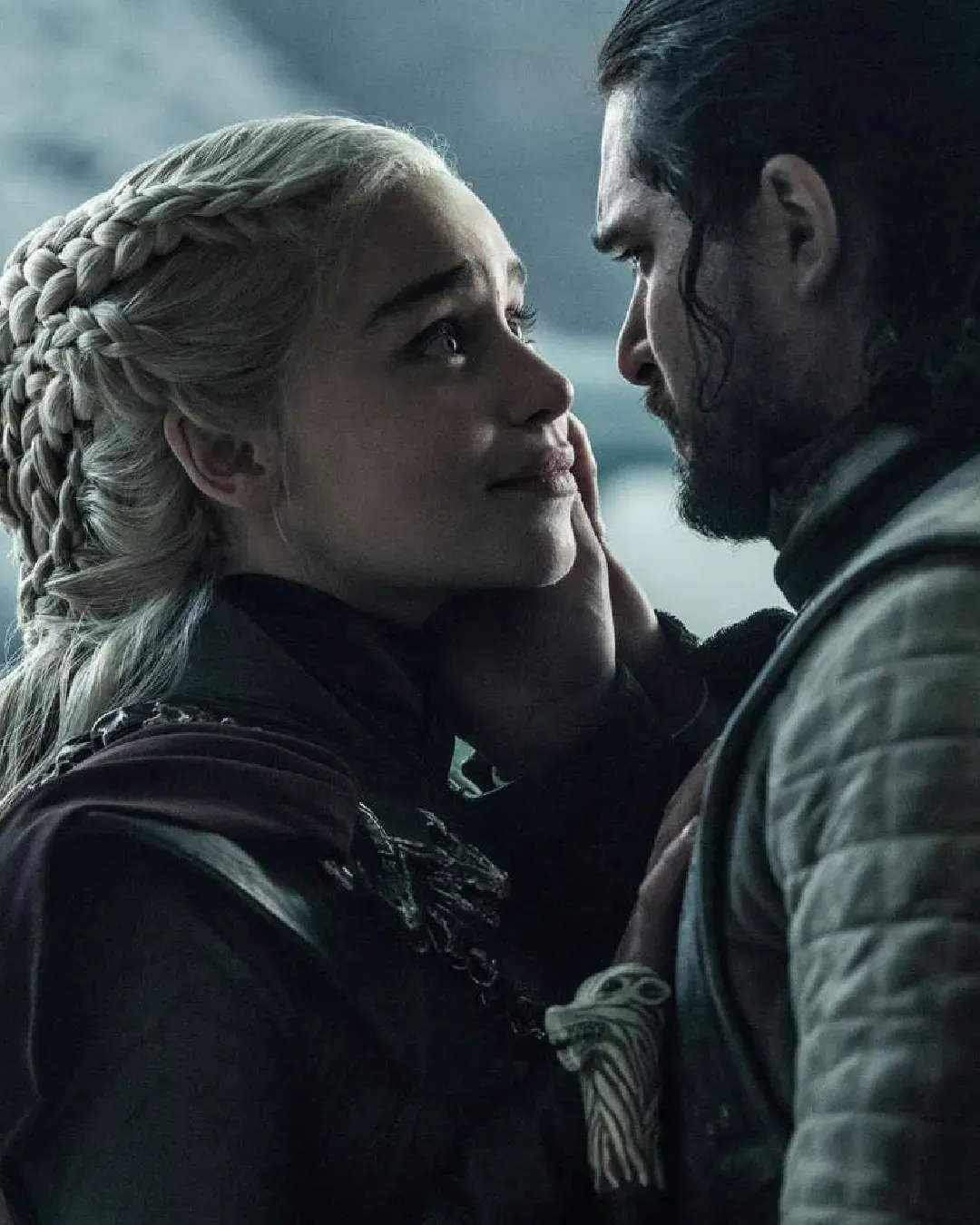
Will quiet luxury end along with "Succession"? Even the characters in the series seem content to abandon their suits
After five years and four glorious seasons Succession has concluded. We do not want to spoil the ending - so everything we will talk about in the next few lines will not spoil your surprise. But suffice it to say that there is a moment during the episode when the three Roy brothers gather at the family's summer home in Barbados, near the beautiful Bathsheba beach, to discuss their endgame. Here, all three abandon their corporate and managerial robes to immerse themselves in a wholly summery mood of linen shirts, wide stretch pants and, in Roman's case, a $13 Walmart T-shirt that, on a character we have only seen in a suit or shirt so far, has a shocking effect (and is, of course, already sold-out everywhere). Roman "surrendered," put his corporate armor and with it his pretensions to the side, and dressed like a normal person for once. Shortly after this reunion there is perhaps the only scene of genuine brotherhood between the three characters - their everyday, relaxed clothes symbolize their lowered defenses. On the other side of the spectrum, however, is the character of Alexander Skarsgard, a Swedish billionaire in the tech world who has turned the moodboard of "Succession fashion" upside down in recent episodes with Acne Studios and Parron Allen designer suits, Nike Kyrie sneakers and gold jackets from Needles, brown suits with orange turtlenecks.
This costume choice is interesting as even during holiday scenes, Roman has worn button up shirts mostly. And him being ridiculously rich, he would only really wear plain $600 T-shirts. But this t-shirt here is colourful with stripes, something a kid would wear. pic.twitter.com/EEJ7dNdEl8
— Remy | succession spoilers (@remyedenmaria) May 22, 2023
In the finale of the series that practically single-handedly created the quiet luxury trend, its protagonists themselves seem to have outgrown a model tied to an elitist society (twice the protagonists refer to the rest of the world as the «underneaths») but now deeply decadent, ready to be supplanted by something «faster, lighter, leaner, wilder», to quote Patriarch Logan Roy. Clearly, we are discussing exquisitely symbolic-allegorical apparatuses here-it is certainly not Succession that determines which trends dominate the market. No less, it is Succession itself that brought to the forefront the debate on "stealth wealth" that followed an era of fashion in which the pop ostentation of the logo outweighed in importance the material value of clothes to the point of leading to a desensitization and alienation of the public itself, now overwhelmed by a sea of hoodies and clothes created for the young but sold to much older generations. Incidentally, costume designer Michelle Matland's choices are never purely random but part of worldbuilding, speaking of attitudes and whole psychologies but also of the gap between a character's social status and his or her self-perception. So it is interesting to see how in the series the discourse on quiet luxury is brought to a conclusion - and this is done emblematically by having Roman Roy wear a very humble Walmart T-shirt to symbolize the defeat of an entire worldview. More: by associating the simplicity of clothes with the genuineness of feelings, the scenes in Barbados make the Roy family seem finally loving, normal, happy. The sense of relaxation, of having left a bad world behind is palpable even as they argue on the terrace.
If the "old" Logan Roy and his associates hid their greed and opportunism under the guise of neo-classical wealth (the imposing family mansions, military memorabilia, bon ton suits in blue, black, and gray), the new guard of Millennial billionaires symbolized by Alexander Skarsgard's character puts his feet up on tables, wears trackpants, and is not afraid to appear flippant or silly if he wears a certain suit or says a certain word. In other words, they exist in the world on their own terms exactly as they do business on their own terms, regardless of eloquence or appearances - the new guard, in Succession, don't even seem to care too much about classic luxury fashion, their real and perceived insolence is part of the program, they declare superiority through insouciance: these are the "new" noveau riches. And when even the Roy themselves are not really part of that old money with which they are associated (indeed in the series they are called brutes and vandals by their educated and refined competitors, the Pierce family) and at some point realize that they are not as big and important as they thought, that of "quiet luxury" turns out to be just another costume, a theatrical accessory attached to an outdated chapter of history.















































